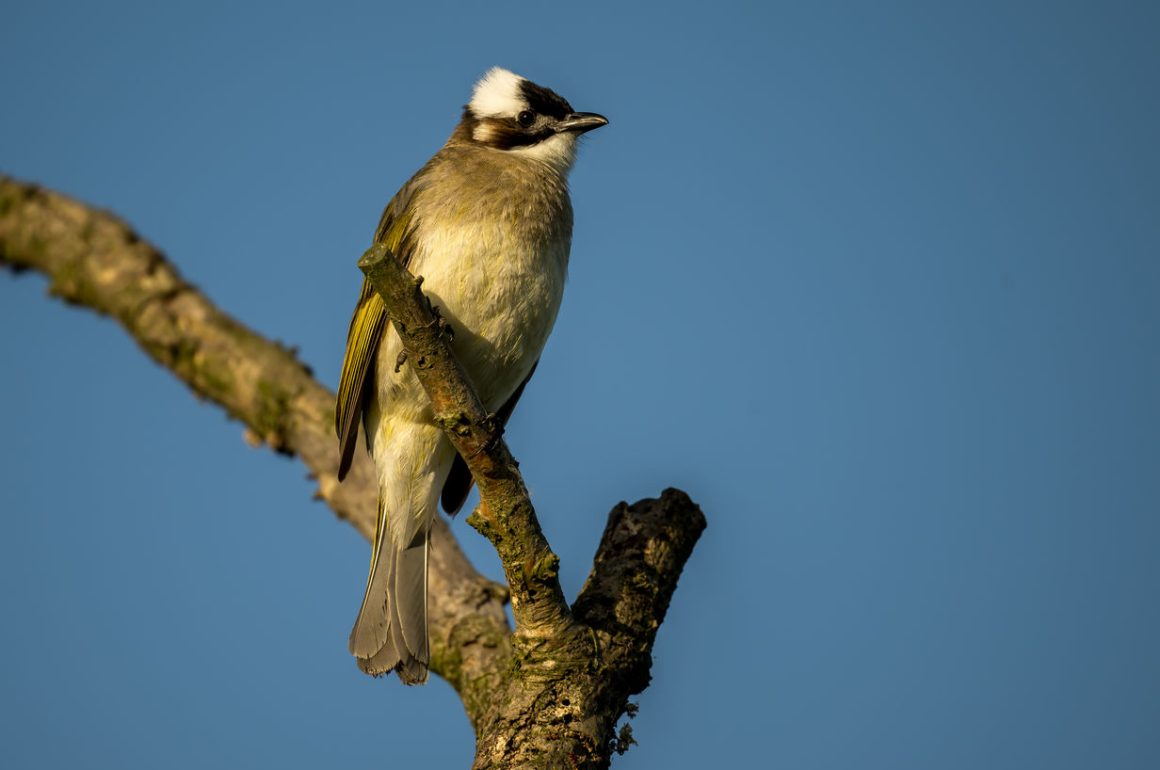
In this new series, we aim to answer questions that ornithologists and birders tend to get asked. If you have a question you would like to be answered in this series, please contact us or put your question in a comment on this post.
I have been asked a few times whether birds of the same species have different dialects depending on where exactly they live – like a person from Texas and one from New York sounding different, even though both are humans and both speak English.
The short answer is: yes.
The longer answer is – well – longer, and hopefully a bit more interesting as well.
Birds of the same species but geographically apart gradually develop slight random differences in their song. As young birds learn their song from their parents and neighbors, these differences – which are also called dialects – persist and get passed on through generations.
The extent to which such dialects develop depends on several factors:
- How accurately birds learn their song from their parents
- How far young birds migrate from their birthplace
- When they migrate from their birthplace (i.e., is it before or after the critical period for song learning)
- Whether other factors act on bird song that hinder diversification (for example, if females prefer males with more complicated songs, then such simpler dialects may not develop)
Interestingly, females seem to prefer males singing in the dialect familiar to the female (source). Maybe the familiar dialect indicates to them that the male is familiar with the local environment and thus more likely to be a good provider. Maybe that is also the reason why most New Yorkers marry New Yorkers rather than Texans, and vice versa.
One species with extensive local dialects is the Light-vented Bulbul (shown above). As the species has spread northward in the last few decades, the Northern dialect has fewer and different song types compared to the Southern dialect (source). In this case, the rapid expansion – presumably by just a limited number of individuals – has accelerated the change in dialect.






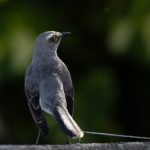


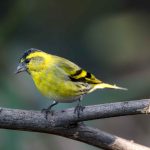

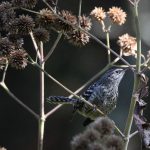
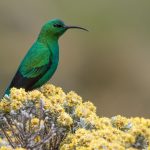
Loved this! I had known that birds had dialects, but the longer answer with the details. Thanks!